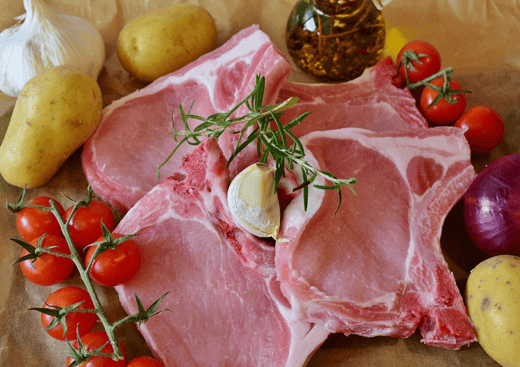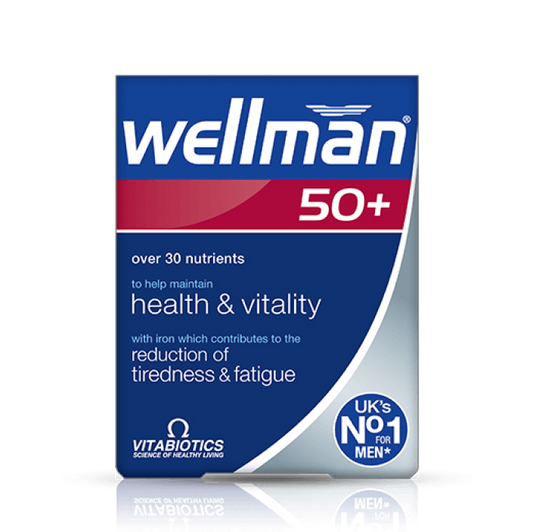Many preservatives are known to have a harmful effect on our health. So should you (or should you) be afraid of potassium sorbate - one of the most widely used preservatives in the world? We explain everything in the text below.
What is potassium sorbate (E202)
Potassium sorbate, also known on labels as E202, is the potassium salt of sorbic acid with the formula C6H7KO2. Sorbic acid itself is a natural product that occurs in nature. It is contained in the fruit of the mountain ash (Sorbus aucuparia) - looking at the Latin name of this species, it is easy to guess where the name of the chemical compound itself comes from.
Potassium sorbate owes its properties to sorbic acid, which counteracts the growth of fungi and yeasts. Sorbates inhibit the growth of microorganisms by causing changes in the morphology, integrity and function of cell membranes and by inhibiting metabolism. It is known that sorbates inhibit the activity of many enzymes, especially enzymes containing sulfhydryl.
Harmfulness of potassium sorbate
Potassium sorbate is one of the most studied substances used in the food industry. In the human body, it is finally broken down into water and carbon dioxide as part of the Krebs cycle.
In principle, potassium sorbate is considered safe , provided certain conditions are observed. According to the guidelines of the European Food Safety Authority (EFSA), the acceptable daily intake of potassium sorbate is 25 mg per kilogram of body weight. For a person weighing 65 kg, this gives 1625 mg/day.
There are also no studies indicating a potentially dangerous effect of potassium sorbate on pregnant women.
Potassium sorbate and allergy
Pure potassium sorbate has an irritating effect, but in the concentration in which it is used in the food or cosmetics industry it is completely safe. The American National Library of Medicine contains references to 3 studies on the sensitizing properties of potassium sorbate in groups of 47, 56 and 478 people. Transient and mild forms of irritation were observed in a total of several people.
Is potassium sorbate carcinogenic?
The EFSA review published in 2015 (EFSA Journal Volume 13, Issue 6, June 2015) indicates several in vitro and in vivo studies on the potential genotoxic properties of potassium sorbate. Most did not show such properties. The two cited studies indicating such properties were classified as “of limited reliability”.
The authors of the analysis also mentioned studies on the carcinogenic effect of products formed as a result of the interaction of sorbic acid/potassium sorbate with ascorbic acid and nitrites in the presence of iron salts , but at the same time they noted that these products have a chance of being formed only under optimal experimental conditions, practically impossible to reproduce in the case of daily consumed food.
What is potassium sorbate found in?
Potassium sorbate is a widely used preservative. You will find it in all kinds of fruit and meat preserves, juices, baked goods, crisps, dried fruit, juices, ciders and beer. It is also used in wines - in this case it is used to block the fermentation process and yeast multiplication during bottling. It can also be used to clarify and prevent refermentation of apple cider and sweetened and sparkling wines. You will not find potassium sorbate in baked goods containing yeast - its addition would prevent them from doing their job.
According to the guidelines of the European Food Safety Authority, the content of sorbate in food can range from 200 to 2000 mg/kg of finished product (in terms of sorbic acid). A detailed list with information on the maximum content in individual food groups can be found here.









